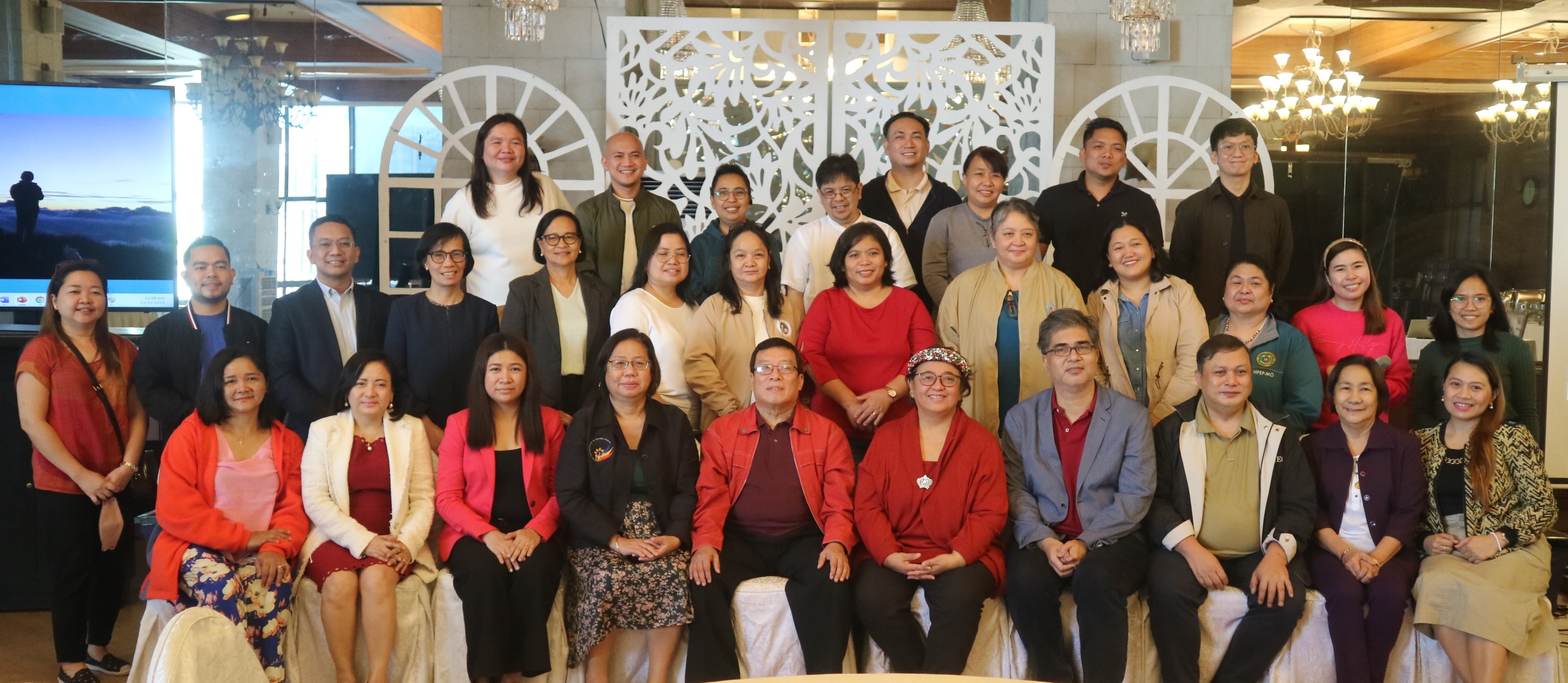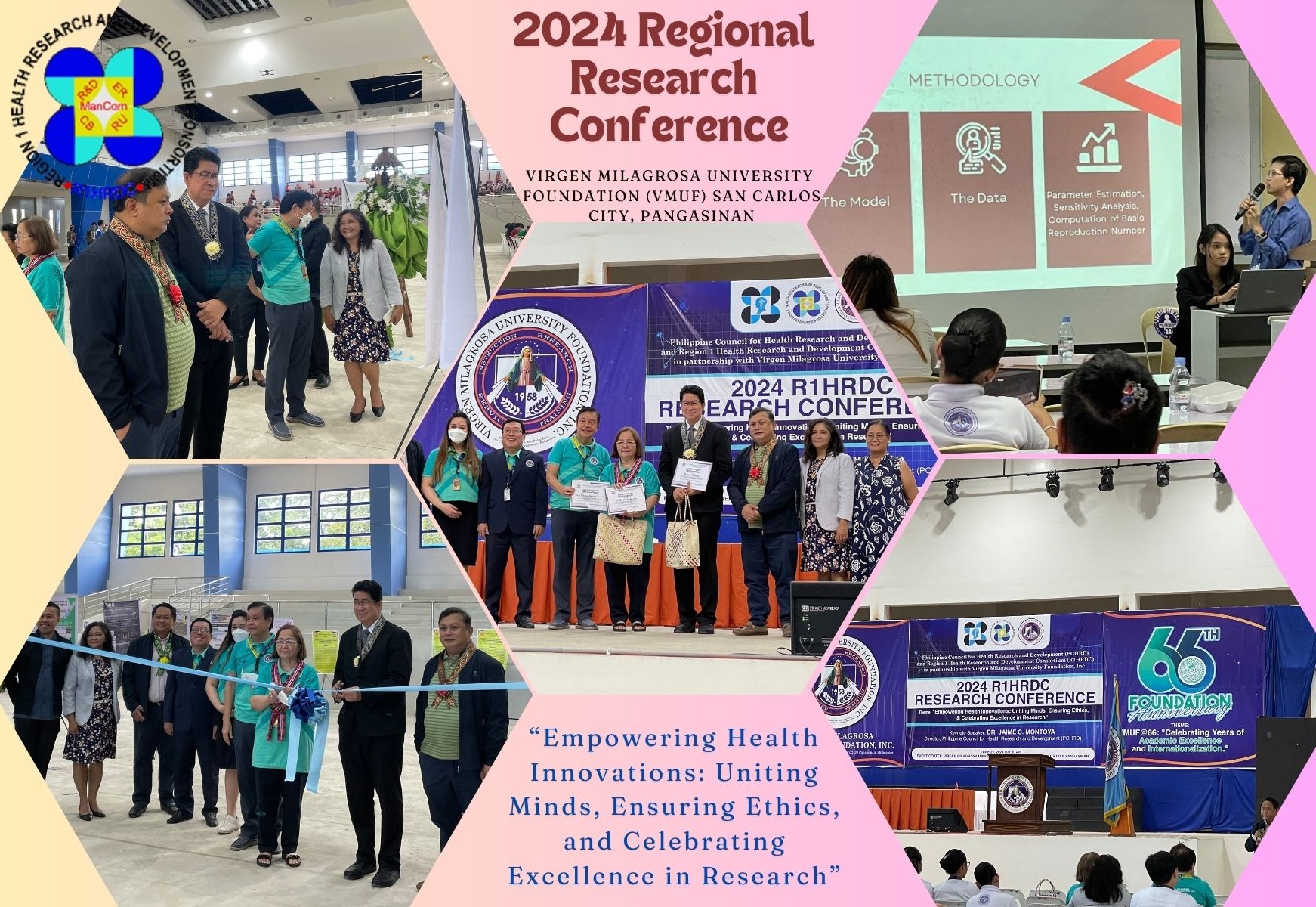
EXECUTIVE SUMMARY
Dementia is a dreadful disease and a growing global challenge. The number of people living with dementia across the OECD reached nearly 19 million people in 2017, while millions of family members and friends provide care and support to loved ones with the condition throughout their lives. Beyond the personal and emotional toll of dementia, its financial costs are vast. The worldwide health and social costs of dementia were estimated to reach USD 1 trillion per year in 2018. Dementia is strongly associated with age. This makes the ageing of the population in many OECD countries the main factor associated with the growing dementia prevalence. As the share of the population aged above 80 years continues to rise, and until a cure or disease modifying treatment is found, the number of people living with dementia will continue to grow, and is likely to reach nearly 41 million people in the OECD by 2050.
Despite significant research efforts, much about the condition remains a mystery. No treatments have yet been developed that can effectively cure or halt the progression of dementia. Many recent late stage clinical trial failures have frustrated efforts and investment by the pharmaceutical industry. Further, today, too many people living with dementia go without a diagnosis. Even when they may be diagnosed, care systems are often fragmented, and the stigma surrounding dementia has led many people to believe that
nothing can be done.
Yet the lack of a cure does not mean that there are no options. A range of beneficial services are available that can improve the health and quality of life of people living with dementia. However, in many cases, too few people have been able to access them. OECD countries urgently need to improve access to and quality of these services.
In recent years, dementia has received growing attention as governments begin to recognise the scope of the challenge ahead. As many as 22 OECD countries have developed national plans and strategies for addressing dementia, and have moved to make diagnosis and follow-up care more accessible and of higher quality. Treatment and care services can be further improved, and better monitoring and comparing of processes and outcomes will play an important role.
This report provides a detailed look at how OECD countries currently care for people living with dementia throughout their lives, from when they receive a diagnosis to the end of their lives. It lays out a number of key findings and lessons that help inform care for people with dementia:
To access the whole report, click the file below.
Copyright: https://www.ihf-fih.org http://www.oecd.org/













